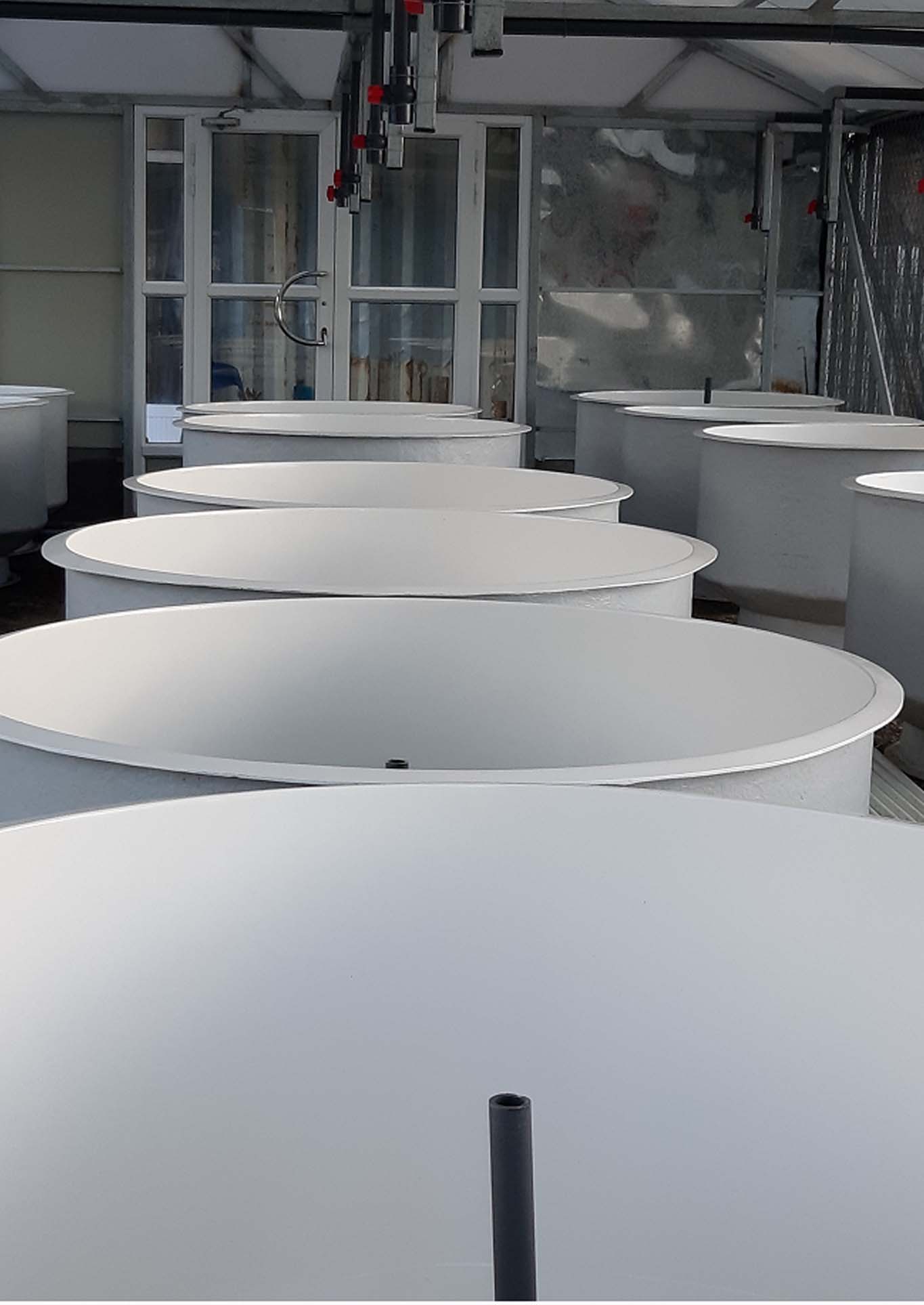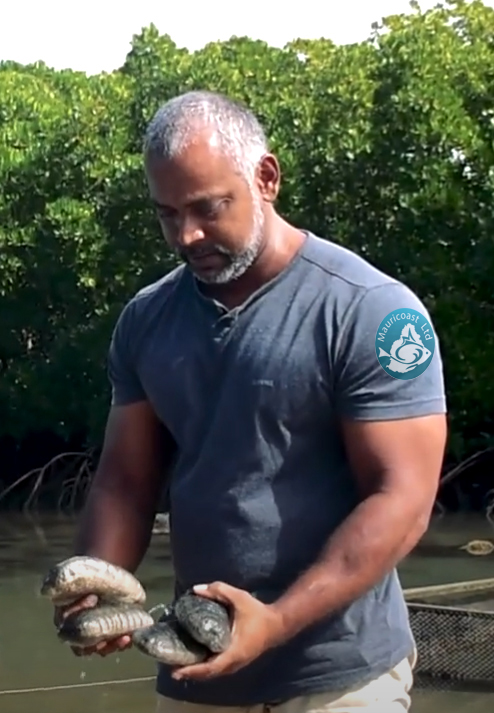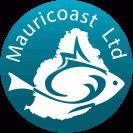WELCOME
Mauritius is in need of a more resilient food production system.
Aquaculture stands as a good candidate to help the country to build this resiliency.
About Us
Mauricoast Aquaculture Research Center.
The company has been involved in the production of oysters since 2020 and has since then diversified their activities including the development of innovative projects such as production of marine tilapia, setting up the first oyster depuration facility on the island, pioneering the breeding of the sandfish sea cucumber and more recently embarking in the development of the blue biotechnology sector with the intention to set up the first marine algal photo-bioreactors on the island.

Mauricoast Ltd main business activity is to promote Aquaculture farming for local distribution and exports.
Mauricoast Ltd is committed to promoting aquaculture farming in Mauritius.
01
Our Vision:
02
Our Mission:
With the passage of time the marine resources around Mauritius are depleting due to several socio-economic and environmental problems
Focus should eventually be given on aquaculture resources.
MAURICOAST Ltd has set up the first Integrated Multi-Trophic Aquaculture system in Mauritius.
Our project aims at bringing a sustainable aspect in the Mauritian blue revolution.
Our project brought a new dimension to the aquaculture industry by promoting a shift from monoculture to integrated polyculture. The integration aspect of the aquaculture production system not only lowers the business risk by producing a diversified portfolio of products with nutritive and commercial values, but also allows the establishment of a biotimigative tool around existing commercial open-water monoculture. The Integrated Multi-Trophic Aquaculture has the potential to transform the Mauritian blue revolution into a turquoise revolution.

Sea Cucumber (Holothuria Scabra) broodstock conditioned for spawning at the Mauricoast Aquaculture facilities.
Sea Cucumber Farming
Mauricoast Ltd, being a pioneer in the industry, has been the first to successfully breed the sandfish sea cucumber Holothuria scabra in Mauritius. In 2022, the company had successfully produced up to 10,000 sandfish juveniles of up to 6 cm long, which were released in the Grand Barachois.
“ Brêche-De-Mer” - Pacific Community information bulletin: Pg 100-108, Issue 45 - April 2025.
Sea cucumber seed production in Mauritius: First pilot-scale production of juvenile sandfish (Holothuria scabra) [Devarajen Vaitilingon,1 Aditya Boygah,2 Lindsay B. Meyer1 and Yashodhar Boygah2.]
Oyster Farming
Mauricoast Ltd has been involved in oyster farming since 2020 after a first trial of importation of oyster spats from France to be grown in the Grand Barachois of Poudre d’Or. Later, the company shifted its focus on local oyster species namely the rock oyster (Saccostrea cucullata) and pearl oyster (Pinctada sp.). Both species occur naturally in the Grand Barachois of Poudre d’Or and the farming principle adopted by the company involves the spats collection of the two targeted oyster species on specialised spat collectors deployed in the barachois and grow-out in oyster baskets to marketable size.

Rock Oysters of size >5 cms from the Mauricoast Aquaculture site in Mauritius.
Oyster Depuration Facility
In 2024, the company has set up the first oyster depuration facility on the island thanks to a project co-funded by the Mauritius Research and Innovation Council (MRIC) and Mauricoast Ltd (MRIC-SISM-BG-17, from 2023 - 2024). The company recognises the need for depurating oysters before consumption and the lack of such facility on the island. The innovative project was successful in showing that non-depurated oysters were not safe to eat and a 10 days depuration period was necessary to comply with the food safety guidelines of the Food Act 1999 and 2022 of Mauritius.
News reported on the Mauritian National TV (MBC) in March 2025.
Marine Red Tilapia farming
In 2021, Mauricoast Ltd initiated an innovative project based on farming of Red Tilapia in marine environment. The Mauritius Research and Innovation Council funded the project (MRIC, Project number MRIC/SCA-A 070) and the grant forms part of the strategy put forward by the government of Mauritius to enhance food production locally. Indeed, the COVID-19 pandemic has highlighted how vulnerable the country was due to our excessive dependence on the import of foodstuffs.
Farmed marine fish feeding in inner lagoon Floating Cages at the Mauricoast Aquaculture Research Center.
Juvenile Red Tilapia feeding in marine land-based raceway tanks at the Mauricoast Aquaculture Research Center.
Marine Biotechnology
This innovative proposed project intends to bring to the market the three species of microalgae that are not readily available locally and can be used as both live feed and functional foods. The development of the only live feed source in Mauritius has not only the potential to boost the aquaculture industry in the country but also the development of a new product for export. Nutraceutical products based from marine microalgae and made in Mauritius will give a boost to the blue biotechnology sector, a sector, which is considered as a national pillar to increase export revenues and create jobs. Project still at Proof-of-Concept stage.
Visit by staffs and students of Ecole Hoteliere Sir Gaetan Duval at the Mauricoast Aquaculture Research Center (July2022).
